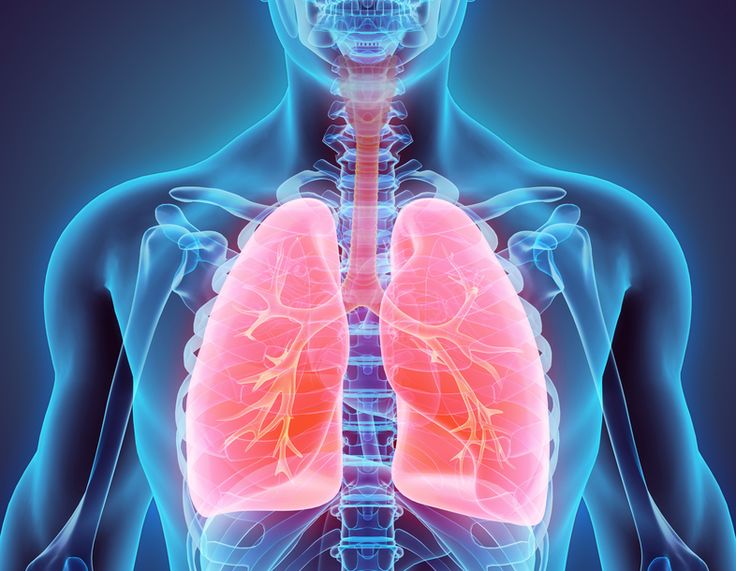How To Enhance Lung Health in Winter: Experts Say

How to Enhance Lung Health in winter season can be a challenging time for maintaining optimal human health. The combination of cold, dry air and increased indoor time can have adverse effects on our respiratory systems.
It’s a period when respiratory infections are more prevalent, allergens are abound, and environmental factors can contribute to breathing difficulties. However, by following a few key strategie on how to enhance Lung Health in winter to significantly improve your overall being
Enhancing Lung Health in winter through vaccination for the Flu and Pneumonia:
One of the most effective ways to protect your lungs during winter is to get vaccinated against the flu and pneumonia. These infections are more common during the colder months and can be particularly severe for individuals with chronic lung conditions. By getting vaccinated, you reduce the risk of falling victim to these respiratory illnesses.
Frequent Handwashing:
Proper hand hygiene is vital for preventing the spread of germs responsible for respiratory infections. Make sure to wash your hands thoroughly with soap and water for at least 20 seconds, particularly before eating, after using the restroom, and after contact with someone who is unwell.
Avoid Secondhand Smoke
Secondhand smoke is a known lung irritant that can trigger asthma attacks and other respiratory problems. It’s crucial to steer clear of secondhand smoke by not smoking yourself and staying away from individuals who smoke.
Stay Indoors on Poor Air Quality Days
Air pollution can worsen existing lung conditions, so it’s advisable to stay indoors as much as possible during days with poor air quality. If you need to go outside, consider wearing a mask to filter out pollutants.
Maintain an Allergen-Free Home

Common household allergens such as dust, mold, and pollen can exacerbate asthma and other respiratory problems. Keep your home clean by dusting regularly, using a vacuum cleaner equipped with a HEPA filter, and managing moisture levels with a dehumidifier.
Use a Humidifier
Dry air is known to irritate the airways, making it harder to breathe. Combat this by using a humidifier, which adds moisture to the air, soothing your respiratory passages.
Stay Hydrated
Staying adequately hydrated is essential for maintaining optimal lung health. It helps to thin mucus, making it easier to clear your airways. Aim to drink at least eight glasses of water per day.
Adopt a Healthy Diet
A balanced and nutritious diet can significantly boost your immune system, making you less susceptible to respiratory infections. Focus on consuming ample fruits, vegetables, and whole grains, while limiting processed foods, sugary beverages, and excessive saturated fats.
Regular Exercise
Regular physical activity is not only beneficial for overall well-being but also crucial for lung health. Exercise strengthens the respiratory muscles and improves lung function. However, if you have a chronic lung condition, it’s important to consult with your healthcare provider before starting any new exercise regimen.
Stress Management
Stress can exacerbate lung conditions such as asthma. Implement healthy stress management techniques like exercise, yoga, or meditation to maintain emotional well-being.
Additional Tips on How to Enhance Lung Health in winter season
Avoid Abrupt Temperature Changes:
When moving from a warm environment to a cold one, cover your mouth and nose with a scarf or mask. This helps warm and humidify the air you breathe, reducing irritation.
Dress Warmly:
Keeping your body warm during winter is essential because being cold can lead to increased strain on your respiratory system.
Use Humidifiers with Indoor Heating Systems:
Certain indoor heating systems can dry out the air, which can irritate the airways. If possible, use a humidifier to add moisture to the air in your home.
Regular Checkups with Your Doctor:
If you have a chronic lung condition, it’s imperative to see your healthcare provider for regular checkups and to effectively manage your condition.
In conclusion, these strategies collectively form a robust defense against the challenges that the winter months can pose to your lung health. By incorporating these tips into your daily routine, you can significantly improve your lung health, reducing the risk of respiratory infections and breathing difficulties. Winter no longer has to be a season of concern for lung health, but rather a time to enjoy all that the season has to offer.
Frequently Asked Questions (FAQs) on Winter Lung Health:
1. What are the common respiratory issues people face during the winter?
- Winter typically brings an increased risk of respiratory issues such as the flu, pneumonia, asthma exacerbations, and heightened exposure to allergens and pollutants.
2. How can I protect my lungs during the winter?
- To safeguard your lung health in the winter, consider getting vaccinated against the flu and pneumonia, practicing thorough hand hygiene, avoiding secondhand smoke, staying indoors on days with poor air quality, maintaining an allergen-free home, using a humidifier to combat dry air, staying well-hydrated, consuming a balanced diet, exercising regularly, and managing stress effectively. You can also follow additional tips mentioned in the guide for comprehensive lung protection.
3. Why is vaccination against the flu and pneumonia essential during winter?
- Vaccination is essential because the winter months witness a surge in flu and pneumonia cases. These infections can be severe, particularly for individuals with pre-existing lung conditions, making vaccination one of the most effective preventive measures.
4. How does secondhand smoke affect lung health?
- Secondhand smoke acts as a significant lung irritant, capable of triggering asthma attacks and other respiratory problems. Avoiding exposure to secondhand smoke is a fundamental step in preserving lung health.
5. Can poor air quality worsen lung conditions?
- Yes, poor air quality can exacerbate lung conditions like asthma. On days characterized by compromised air quality, it’s advisable to remain indoors as much as possible. If outdoor exposure is unavoidable, consider wearing a mask to filter out pollutants.
6. What can I do to keep my home free of allergens?
- Maintaining an allergen-free home involves regular dusting, vacuuming with a HEPA filter-equipped vacuum cleaner, and controlling moisture levels using a dehumidifier. These practices help deter the presence of dust, mold, and pollen, which can trigger asthma attacks and other respiratory issues.
7. Is using a humidifier effective for improving lung health?
- Yes, using a humidifier can alleviate the effects of dry air by adding moisture to the environment. This, in turn, helps soothe the airways and enhance overall lung comfort.
8. How does proper hydration contribute to lung health?
- Staying well-hydrated assists in loosening mucus, making it easier to clear your airways. The recommended daily water intake is at least eight glasses to support optimal lung health.
9. Can a healthy diet influence lung health?
- A balanced and nutritious diet plays a vital role in fortifying your immune system and reducing susceptibility to respiratory infections. Emphasize the consumption of fruits, vegetables, and whole grains while minimizing processed foods, sugary beverages, and excessive saturated fats.
10. Is regular exercise beneficial for lung health in the winter?
Yes, regular exercise is not only essential for overall health but also beneficial for lung health. It helps strengthen respiratory muscles and enhance lung function. However, if you have a chronic lung condition, it’s crucial to consult your doctor before embarking on a new exercise program to ensure it is safe and suitable for your specific health needs.



